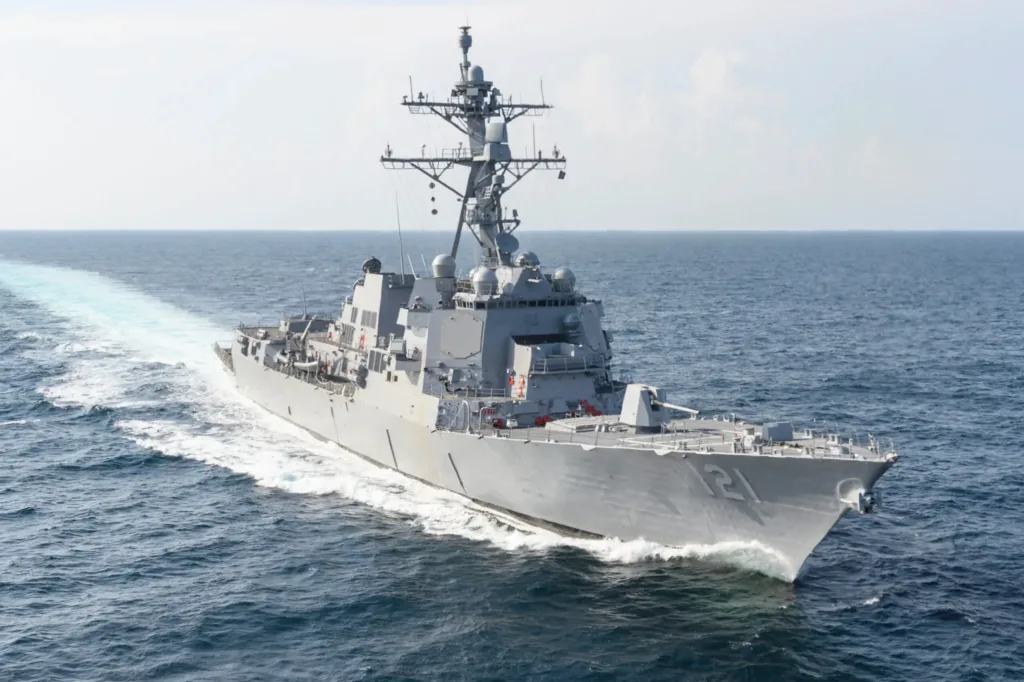Red Sea Attack: Detailed study on Impact on Global Market
In a recent development, an American warship and commercial vessels were attacked in the Red Sea on Sunday, raising concerns among investors about the potential escalation of the Israel-Hamas conflict. This incident could complicate the outlook for the recent stock market rally that pushed U.S. stocks to a fresh closing high for the year.
The Pentagon acknowledged reports of the attacks on the American warship and commercial vessels, while Yemen’s Houthi group claimed responsibility for drone and missile attacks on two Israeli vessels in the region. Simultaneously, the United States conducted a self-defense strike in Iraq against an “imminent threat” at a drone staging site.
The evolving situation has heightened fears that the Israel-Hamas conflict may expand into a broader and more complex scenario involving the U.S. and regional players like Iran. Investors are closely watching these developments, especially after a previous flare-up in October.
In the aftermath of the news, S&P 500 futures dipped in Asia trade, Brent crude futures rose, reaching $79.40 per barrel, and gold surged to a record high of $2,111 an ounce. Quincy Krosby, Chief Global Strategist at LPL Financial, expressed concerns that a widening conflict might prompt some investors to take profits from the recent stock market rally.
The S&P 500 had a remarkable 9% surge in November, driven by signs of easing inflation and optimism about the Federal Reserve’s stance on interest rates. However, a deeper military conflict involving the U.S. could prompt active managers to secure their gains.
Historically, geopolitical tensions have led investors to seek refuge in safe-haven assets like gold, Treasuries, and the U.S. dollar. Moreover, an escalation in the Middle East conflict could impact oil prices, which have experienced fluctuations in recent weeks.
Phil Orlando, Chief Equity Market Strategist at Federated Hermes, suggested that rising tensions in the region might push West Texas Intermediate crude prices to the range of $80 to $90 per barrel.
As investors navigate through potential market-moving factors in the coming weeks, including the U.S. employment report, the Fed’s monetary policy meeting, and seasonal factors, the geopolitical landscape adds another layer of uncertainty. Orlando acknowledged that a spike in tensions could lead to a drop of “one or two hundred points” in the S&P 500, presenting both risks and opportunities for investors.
The market will also be closely monitoring the Fed’s policy decisions, tax-loss selling, and the traditional Santa Claus rally as potential catalysts in the final weeks of the year. Despite the challenges posed by geopolitical uncertainties, Orlando remains optimistic about the index, stating, ‘I’m still convinced the index ends the year at 4,600.’

